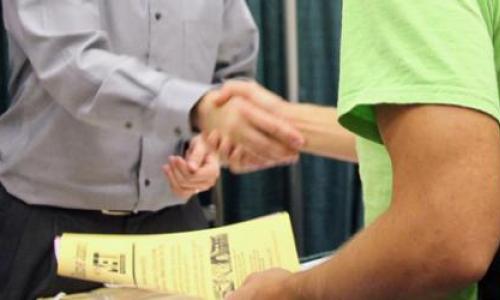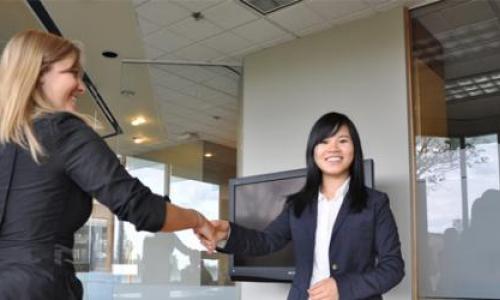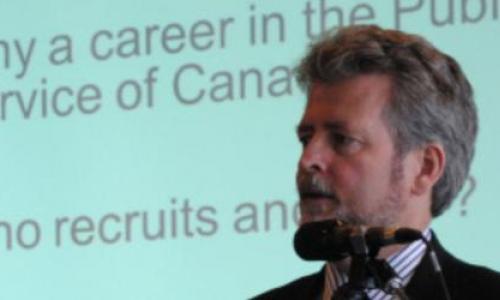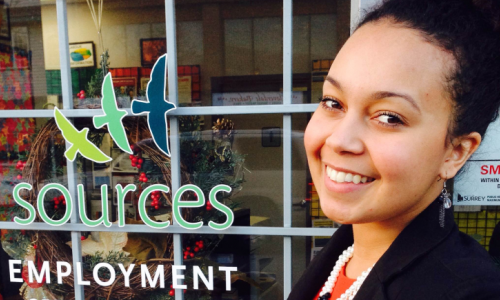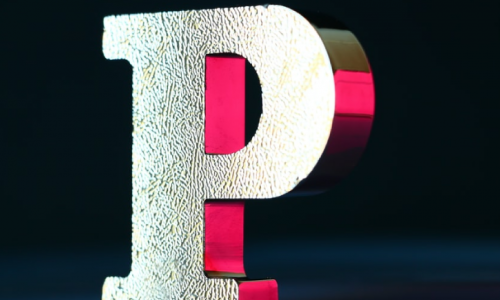
So the professional agreed to see you! Yay! Exciting! But how can you prepare for this meeting and how can you impress them?
What’s the Point
As they say, “time is money”, and the fact that someone is willing to have an informational interview with you is generous of the professional. Be conscious of this and always have a purpose for your meeting. For instance, a good purpose might be to find out more about their profession, or to find out more about their company. Do not focus on the more general questions, because you could talk to anyone about that. Focus on questions specific to them, besides, people like to talk about themselves!
Research
LinkedIn is a great research tool for Informational Interviews. Be sure to know about the projects your professional is working on, learn about their company, and know about their professional history. Know about what has happened in the last year for their company, and see if you are able to have a conversation with them or provide opinions or ideas about their projects.
Prepare Questions
Some people like to appear candid and to try to have a “natural conversation”. But it’s really about you and your personal style, and you could try out different methods to see what you prefer. Personally, I think showing that you’ve done your homework will really make you look good and stand out. For instance, for my most recent informational interview, I prepared about 20 questions on a sheet and separated them by category. I had one category about education, one about the job, and one about the industry itself. By preparing a sheet of questions I was able to impress the professional I spoke because I really showed him that his time was valuable to me and I could tell he appreciated it. It was also convenient if there was ever a lull in the conversation because with a quick scan of my sheet I could find a question to rejuvenate the conversation.
The Tools:
When I go to an Informational Interview I bring a few things:
-
My list of questions / my research
-
A professional binder with notepaper and pen to take notes
-
My resume (Just in case! Don’t bring it out unless the professional asks for it)
-
My business card to exchange at the end of the meeting
-
A Thank You card
Make sure you have a stamp and personal information on the envelope already. That way you can write your thank you card right after the meeting and stick the card in a nearby mailbox to ensure prompt delivery.
Best of luck on your upcoming informational interviews, with these tips you should be prepared with the knowledge and the tools to really impress the professional that you meet!
Beyond the Blog
-
Check out Natalie's experiences in her co-op work terms with TFCSE and Allied Vision.










